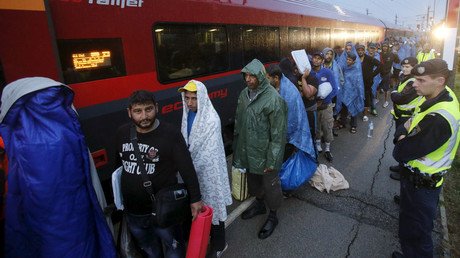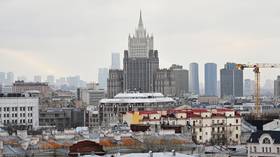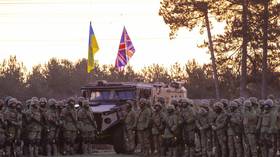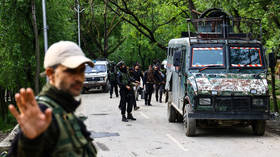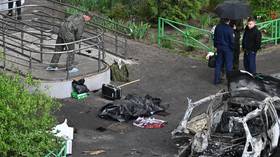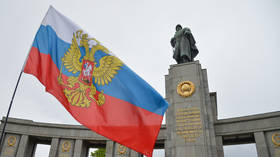Norway migrant integration goes into reverse after 5- to 10-year stay – study author to RT
Although refugees who come to Norway rapidly integrate into the labor market, the gap between their and locals’ employment will increase again after just five to10 years, a study says. RT spoke to one of its authors to discuss the surprising results.
The study was carried out in February by researchers from Ragnar Frisch Centre for Economic Research amid Europe's growing refugee crisis. It showed that refugees and immigrants from “low income source countries” are seeing their integration reversed with ”widening immigrant-native employment differentials” and concluded that immigrants are going to become more and more dependent on social insurance.
Frisch senior researcher and co-author of the study Knut Røed told RT that they were looking into immigrants’ performance, including refugees, humanitarian and family immigrants, in the labor market for more than 20 years to get their results.
“They relatively rapidly integrate into the Norwegian labor market, but then after some years – five to 10 years – there is a sense of immigration in reverse. So the difference in employment rates of natives and immigrants start to increase again and a lot of immigrants fall out of the labor market,” the researcher told RT.
He added that refugees and migrants can have “a huge potential,” and the situation can be changed with more investment in education and human capital.
“Those who received education in Norway and therefore also learned the Norwegian language probably better than the others, they have much stronger attachments to the labor market, and they remain in the labor market for a much longer period of time.”
As the refugee crisis has been building up momentum, the ability to integrate into society has been at the core of the debate on immigration policy in Europe. As Europe was struggling with the influx of asylum-seekers, some hoped that the situation could be beneficial for European economies, while others constantly warned about the threat that refugees pose to European countries.
Hansjoerg Mueller from the Alternative for Germany right-wing party praised the results of the study during a fierce debate on RT, saying that “that study has proved that it is not right to blame us, the immigrants have to be blamed for their not enough willingness to integrate into the host countries.”
His opponent, social commentator Mo Ansar, blamed the politician for not accepting any model of integration and advocated coexistence in a plural society, where people are free to live following their own religion, culture and sexual identity. This model was slammed by Mueller, who said it could lead to “a civil war and bloodshed.”
